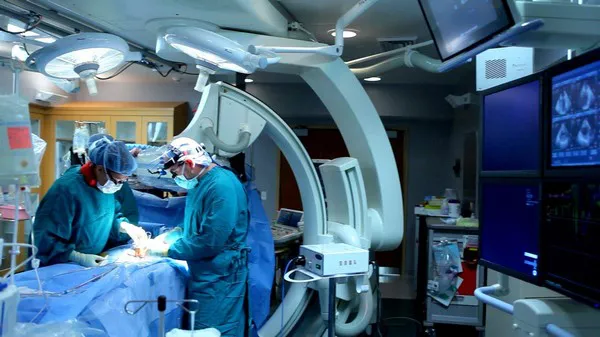1. Duration of Major Depressive Disorder:
Major Depressive Disorder (MDD) is a complex mental health condition that affects millions of people worldwide. One of the most challenging aspects of MDD is its variable duration. There’s no one-size-fits-all answer to how long a depressive episode may last. It can range from weeks to months or even years. Understanding the duration of MDD is crucial for both patients and their loved ones as it impacts treatment decisions and expectations.
Treatment can significantly impact the duration of MDD episodes. With proper care, many individuals experience significant improvement within a few months. However, some may continue to struggle with recurring episodes throughout their lives. This differentiation between a single episode and recurrent episodes is essential in understanding the course of MDD.
2. Factors Influencing Duration:
Several factors influence the duration of MDD episodes, making it a complex condition to manage:
Severity of symptoms: The severity of MDD symptoms can vary greatly among individuals. More severe cases may take longer to treat and manage, leading to extended durations of depressive episodes.
Individual factors: Age, overall health, genetics, and environmental factors can all play a role in determining how long an MDD episode may last. Understanding these factors can help tailor treatment plans to meet the unique needs of each individual.
Treatment adherence: Following the prescribed treatment plan diligently is crucial for recovery. Non-adherence to treatment can prolong the duration of MDD episodes and increase the risk of recurrence.
3. Treatment Options and Recovery Process:
Fortunately, there are various treatment options available for MDD, ranging from therapy to medication and lifestyle changes:
Therapy: Cognitive-behavioral therapy (CBT) is one of the most effective forms of therapy for MDD. It helps individuals identify and change negative thought patterns and behaviors that contribute to their depression.
Medication: Antidepressants are commonly prescribed to manage MDD symptoms. These medications work by balancing neurotransmitters in the brain, helping to alleviate symptoms of depression.
Lifestyle changes: Making healthy lifestyle changes such as regular exercise, balanced diet, and adequate sleep can also help manage MDD symptoms. Additionally, avoiding alcohol and drugs and practicing stress-reduction techniques can contribute to overall well-being.
Seeking professional help is essential for anyone struggling with MDD. Mental health professionals can provide an accurate diagnosis and develop a personalized treatment plan tailored to individual needs. Additionally, support groups and resources can offer valuable support and community for those navigating their MDD journey.
4. Promoting Hope and Recovery:
While living with MDD can be challenging, it’s essential to remember that recovery is possible. Stories of individuals who have overcome MDD can offer encouragement and hope to those currently struggling. Highlighting the effectiveness of treatment and the positive outcomes it can provide can motivate individuals to seek help and stay committed to their recovery journey.
Encouraging a proactive approach to mental health is crucial in promoting long-term well-being. Emphasizing the importance of self-care, stress management, and healthy coping mechanisms can empower individuals to take control of their mental health and lead fulfilling lives despite the challenges of MDD.
Conclusion
In conclusion, navigating the maze of Major Depressive Disorder requires understanding its variable duration, recognizing factors that influence its course, exploring treatment options, and promoting hope and recovery. By addressing these aspects, individuals can take steps towards managing their MDD and improving their overall quality of life.
FAQs
What is life like for someone with major depressive disorder?
Life for someone with major depressive disorder can be challenging. They may experience persistent feelings of sadness, hopelessness, and loss of interest in activities they once enjoyed. Daily tasks can feel overwhelming, and they may struggle with sleep and appetite changes, as well as difficulty concentrating.
How do you solve MDD?
Major depressive disorder is typically treated through a combination of therapy, medication, and lifestyle changes. Therapy, such as cognitive behavioral therapy (CBT), helps individuals identify and change negative thought patterns. Medications like antidepressants can help rebalance brain chemicals. Lifestyle changes such as regular exercise, a healthy diet, and social support also play a crucial role.
Can major depression be long term?
Yes, major depression can be long term. While some individuals may experience episodes of depression that resolve with treatment, others may have chronic or recurrent depression that lasts for years. It’s essential for individuals with long-term depression to work closely with healthcare professionals to manage symptoms and prevent relapses.
Related topics:
- Managing Fluid in the Middle Ear: Causes, Symptoms & Treatment
- Recovery from Stroke: Navigating the Road to Rehabilitation
- Understanding Stroke: Impact, Hemispheres & Recovery


